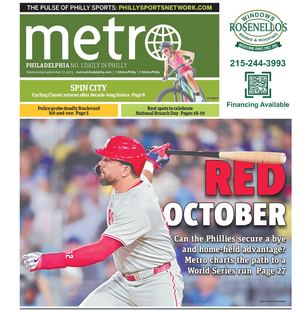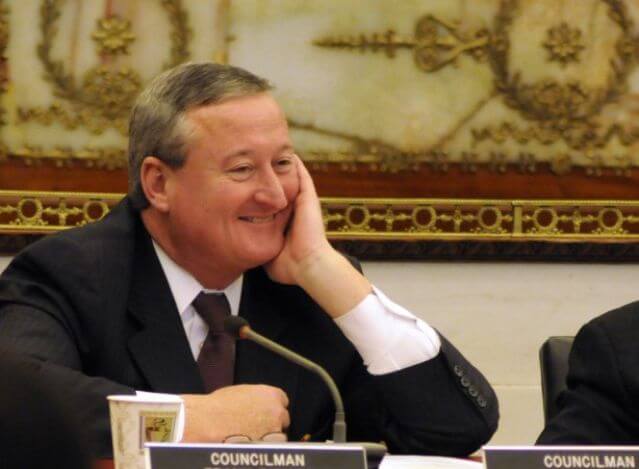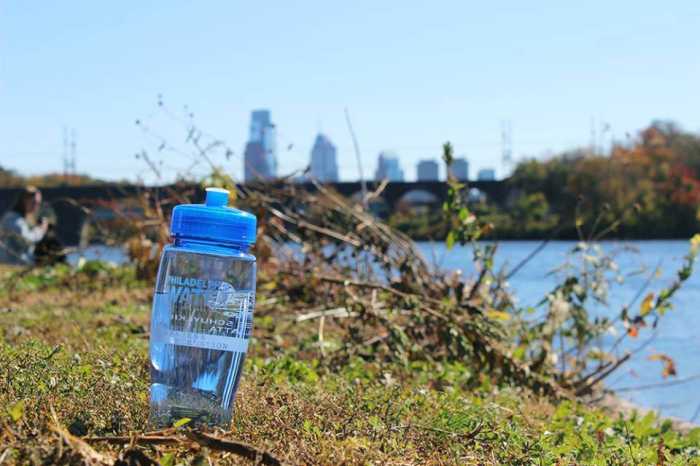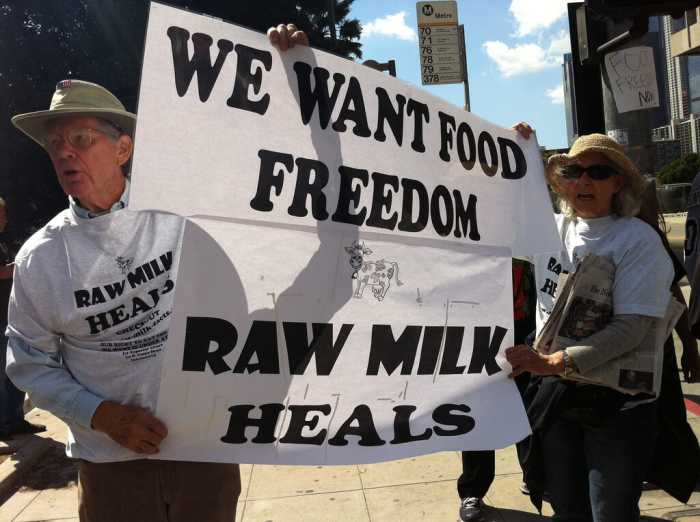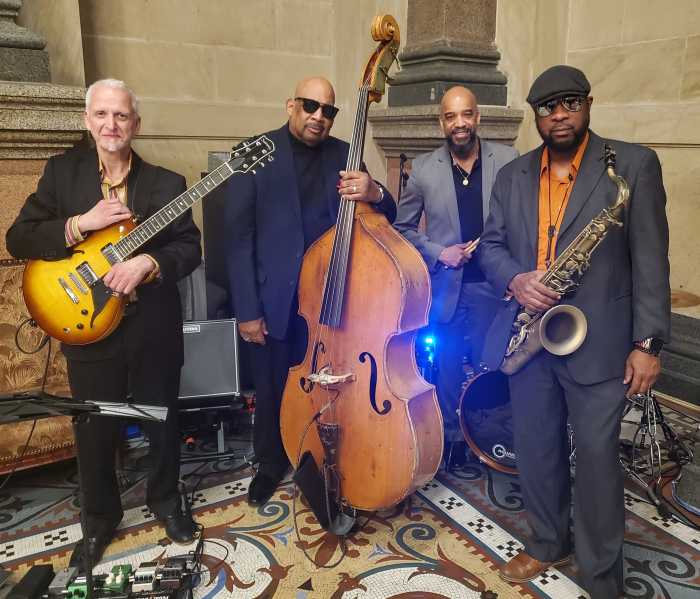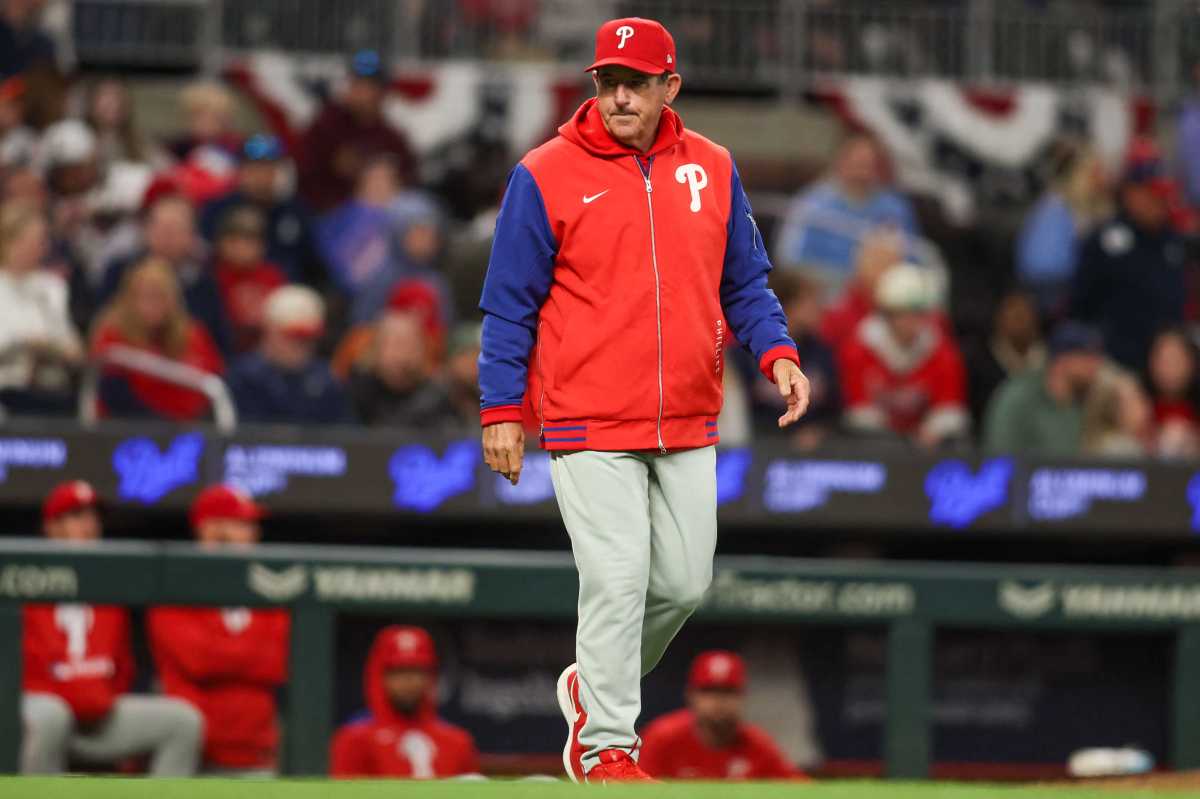Philadelphia’s new tax on sweetened drinks is still bubbling with opposition.
City officials said on Thursday that the Department of Revenue collected at least $5.7 million from the soda tax in January, well above the $2.3 million that was forecast bya city financial report. Metro reported on the $2.3 million January projection in an article on Wednesday, with some wholesalers and store owners who oppose the tax saying they may have to lay off workers to compensate for lost profits. The tax, which began on Jan. 1, is the first of its kind in a major American city. It was expected to bring in $91 million a year, or about $7.6 million a month. Proceeds will help finance universal pre-kindergarten programs and the rehabilitation of city recreation centers, parks and libraries. “That the first month’s beveragetaxrevenues are so high is reason to believe the goal for the year will be met,” said MarcStier, director of the Pennsylvania Budget and Policy Center. The group is a nonpartisan, statewide policy research project. Stier called the figures for January “very good news.” The $5.7 million the city actually collected from the tax in January should increase because not all payments have been processed, according to the Department of Revenue. Additionally, “it is anticipated that somedistributorsand dealersmay beslow to register, file and pay,” the department said in a statement. To ensure compliance, city investigators and auditors will be sent to various dealer and distributor locations. Department of Revenue Commissioner Frank Breslin said that the move is not “about punishing businesses.” “It’s about helping make sure everyone is doing what they are required to do so everyone can avoid penalties,” he said. Ultimately, he added, “we can fuel bigger and better things for the people of Philadelphia.” Revenue from the tax may also rise in the coming months when retailers who may have stocked up on sweetened drinks before the tax kicked in have to re-stock, the city said.
Local retailers and wholesalers, meanwhile, are still crying foul. They claim the tax will lead to diminished sales and could force them to lay off hundreds of workers.
“Regardless of how much money the administration says it collected in the first month of this tax, the pain Philadelphia families and businesses are feeling is very real,” according to a statement from Ax the Bev Tax Coalition, created by the Pennsylvania Food Merchants Association. “The beverage tax is causing prices on thousands of items to skyrocket, sending shoppers outside the city and forcing steep declines in sales.” Sean McMenamin, owner of ShopRite grocery stores in the city and a member of Ax the Bev Tax, agrees that the tax is driving away customers.
“This tax has been devastating on stores like ours, which operate in neighborhoods that are very close to the suburbs,” he said in a statement. “Since the tax was put into effect, our customers have started shopping outside the city.” Philadelphia is also delaying a full rollout of its universal pre-k program until a lawsuit filed by the American Beverage Association against the tax is resolved. Because of the lawsuit, the city will not seek a $300 million loan and will delay adding another 1,000 pre-k seats as planned in September, Billy Penn reported. RELATED: Judge throws out lawsuit aimed at killing Philly soda tax
Retailers remain soured on Philly soda tax

Metro file photo
